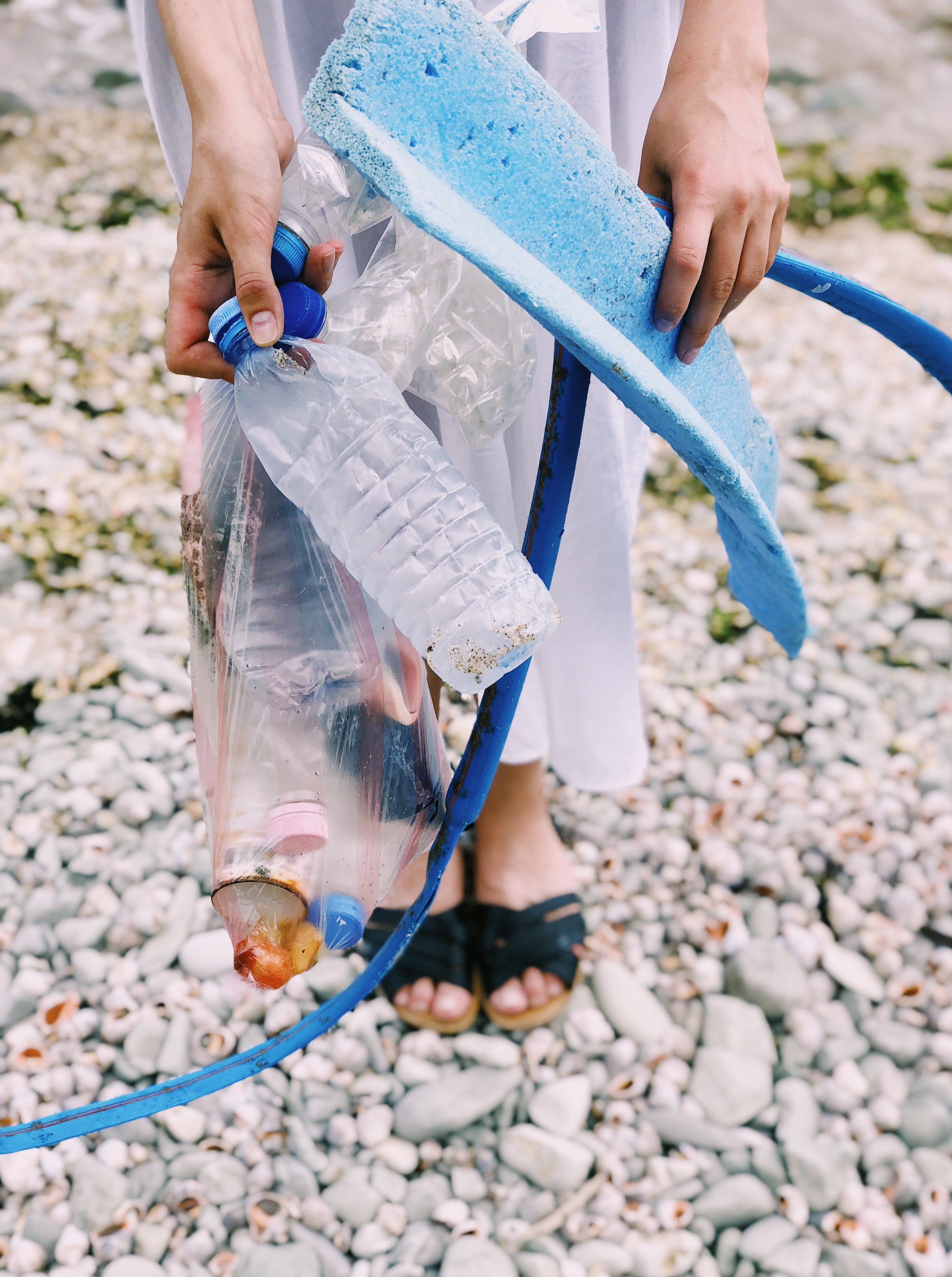We’ve all seen the pictures: seabirds throttled bloody by soda rings or turtles and seals chewing miserably on plastic scraps, with their naive bodies nearing the end upon stuffing their gut with indigestible material which they saw as a snack. Unfortunately, that material is among the most useful substances we know of. Plastic is cheap, strong and durable… so durable, in fact, that it takes up to 1,000 years to break down naturally. The result is a devil’s bargain– we buy and sell a resource of unparalleled value and versatility without limit and in the process wreak havoc unmatched on our environment, killing millions of animals.

The U.S. alone dumps into the sea between 40,000 and 110,000 metric tons of plastic each year: an amount equal to the weight of about 60 to 160 cars. As the common forms of plastic are virtually weightless (plastic bags, wrappers, etc.), the actual volume of plastic pollution is excessive. Much of the plastic that ends up in the sea stems from mismanaged waste systems, which leak out material in small pieces. Eventually, the trash gets caught in large, circular ocean currents known as gyres, forming the infamous trash islands, i.e. the Great Pacific garbage patch.

Solutions like municipal recycling programs are the reason why America ranks a modest 20th on the list of world’s top plastic waste producers. But not everyone recycles (or can recycle) all of the time, and not all plastics are recyclable. Luckily, there is one simple step that anyone can take–at any time–to help solve the overflow of plastic trash: we can use less plastic.
Here’s how.
- Avoid straws: It takes almost no effort to ask for no straw when you order a drink at a restaurant or bar, and doing so will cut down on the total amount of plastic you throw away.
- Get reusable bags: Why waste plastic bags at the store, when a reusable bag can carry more and doesn’t rip easily, meaning a greatly reduced chance of groceries spilling across the parking lot.
- Don’t use disposable water bottles: It’s easy to buy a 24-pack of spring water from the store, but it’s not much harder to refill a filtered water pitcher.
- Purchase in bulk: Not only will buying items packaged in bulk save you multiple trips to the store, it will also waste less plastic per-product.
- Try homemade cleaning products: There are an abundance of recipes for homemade, natural cleaning supplies online which are just as effective as the store-bought alternative, except they don’t come in plastic bottles, and aren’t made with harmful chemicals.
Taken on their own, each of these small changes can seem ineffectual. However, if many people stick with them consistently over time, even these minor habits can substantially lessen plastic pollution.
This article was originally published on BarryNerhus.com


